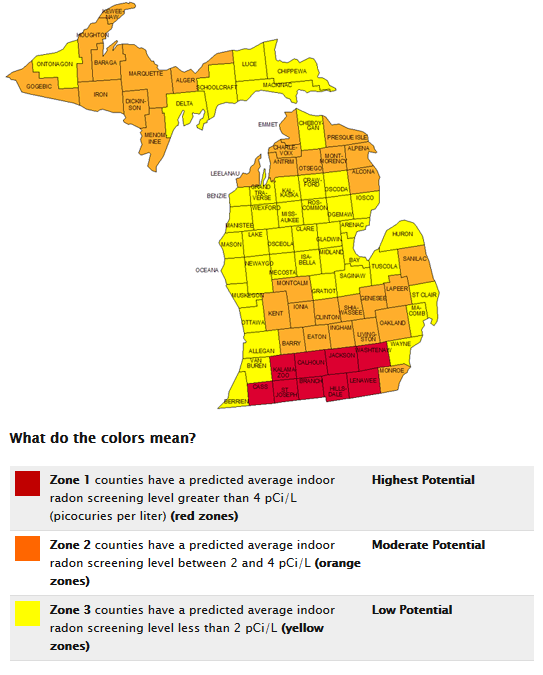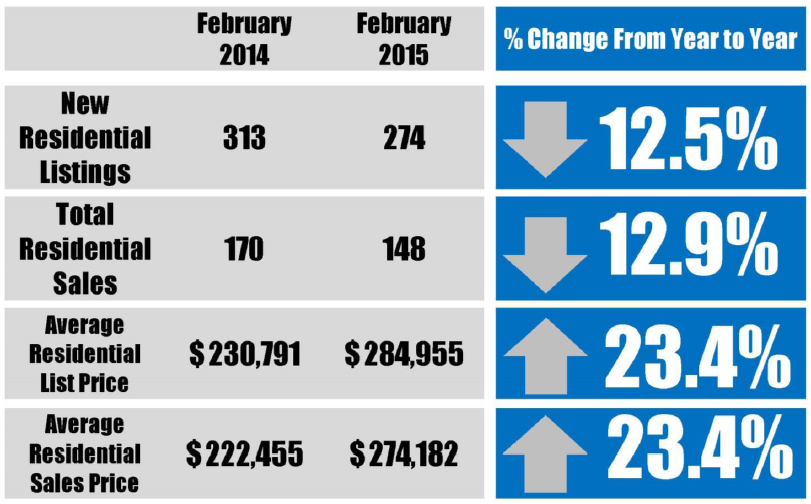Having a buyer’s agent to keep you informed of what’s available is very important, especially since houses are going quickly these days. There are a lot of sites on the Internet claiming to have all of the listings, but not a single one of them is constantly updated and accurate. Much of the time, listings that are no longer available are still displayed, and new homes are slow to get posted. In fact, many homes are under contract before they even hit the Internet.
 I maintain access to several sources of accurate, up-to-date listing information to keep my buyer clients informed of what is happening in the market. If you do not currently have a legal agency relationship with another agent, I would be happy to setup a search based on your criteria. You will have your own listing portal where you can view new matches and manage the properties you receive. This will also make you among the first to know about new listings and enable you to be in quickly to see something you like, increasing your chances of getting the house.
I maintain access to several sources of accurate, up-to-date listing information to keep my buyer clients informed of what is happening in the market. If you do not currently have a legal agency relationship with another agent, I would be happy to setup a search based on your criteria. You will have your own listing portal where you can view new matches and manage the properties you receive. This will also make you among the first to know about new listings and enable you to be in quickly to see something you like, increasing your chances of getting the house.
As an Accredited Buyer’s Representative (ABR) and Certified Negotiation Expert (CNE), it is my job to represent your interests in a home purchase transaction, making sure you get the home you want at the best possible price and terms. Remember, the listing agent has a legal agreement, legally requiring them to represent the seller’s interests. They cannot legally represent a buyer without consent of both the seller and buyer. Even then, do you really think the buyer will get the best deal, when the commission is paid the seller?
Stay tuned for more about the importance of having a buyer’s agent, or call me today at (734) 408-4460 and I’ll fill you in on the details.



